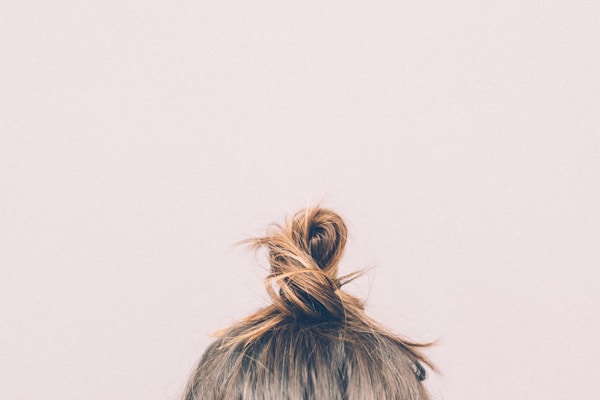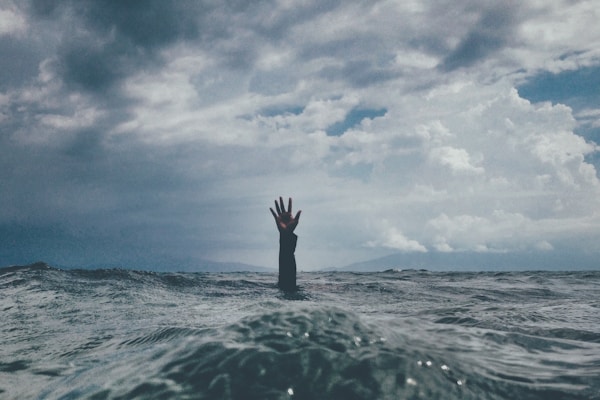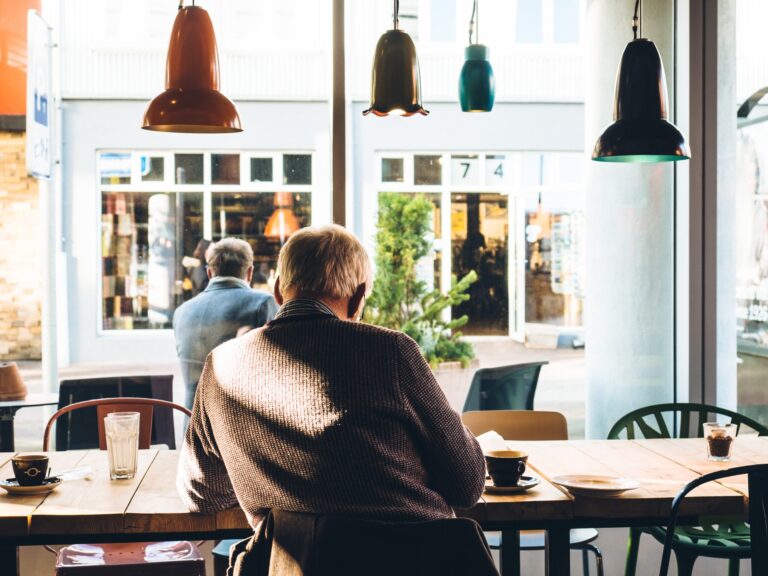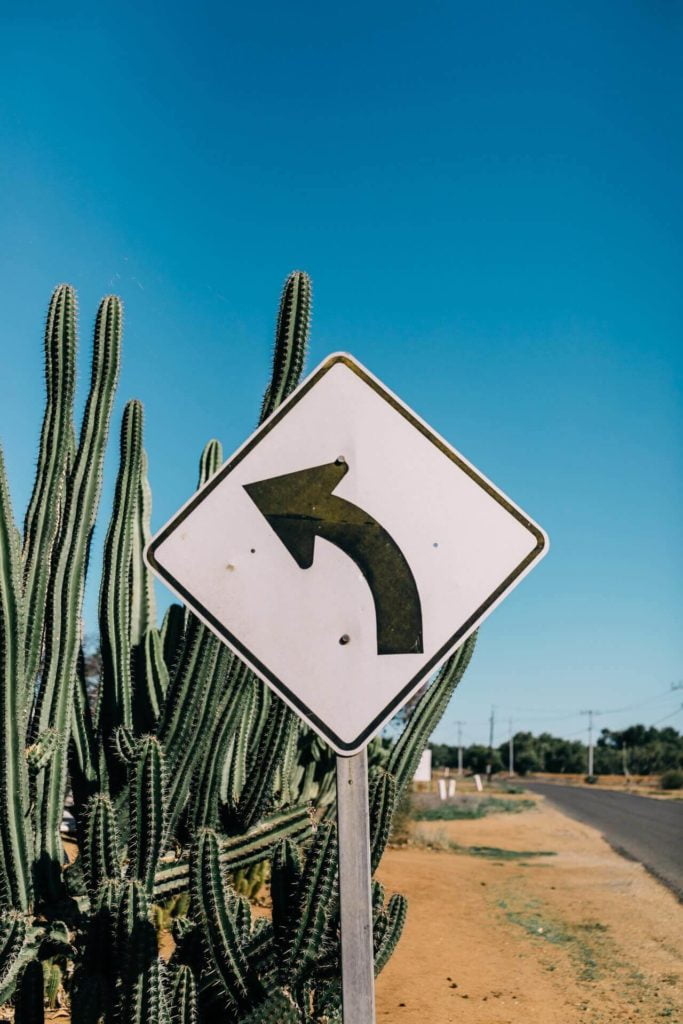Alcohol abuse is a serious health concern that affects millions of individuals worldwide. Along with the long-term damage to vital organs such as the liver and brain, alcohol abuse can also cause several physical changes, including hair thinning and loss. While occasional drinks with friends are not likely to cause hair loss, excessive alcohol consumption can lead to a range of health problems, including hair loss. In this article, we explore the link between alcohol abuse and hair thinning.
How Alcohol Affects Hair Growth
Alcohol consumption can disrupt several vital body functions, leading to hair thinning and loss. Firstly, it can cause a deficiency in essential vitamins and minerals such as vitamin B12, zinc, and iron. These nutrients are crucial for healthy hair growth, and a deficiency can cause hair loss. Alcohol abuse can also disrupt the balance of hormones in the body, particularly testosterone and estrogen. High levels of testosterone can lead to hair loss in men, while low levels of estrogen can cause thinning hair in women.
Margaritas with the girls or beer at the BBQ will not cause hair loss, but there are links between alcohol and hair loss based on how much you consume. If you find yourself struggling, The Hope House is an inpatient rehab for addiction that can help you overcome alcohol abuse.
The Effects of Alcohol on the Scalp

Excessive alcohol consumption can also cause damage to the scalp and hair follicles. Alcohol can irritate the scalp and cause inflammation, leading to hair follicle damage and hair loss. It can also affect the absorption of vital nutrients required for healthy hair growth, further exacerbating hair thinning and loss. Additionally, alcohol can cause dehydration, which can have negative impacts on the scalp and hair.
The Role of Dehydration
Dehydration is a common side effect of excessive alcohol consumption, and it can have several negative impacts on the body, including hair loss. Dehydration can cause the scalp to become dry and flaky, leading to hair follicle damage and hair loss. It can also make hair brittle and prone to breakage.
The Importance of a Balanced Diet
A balanced diet is crucial for healthy hair growth, and excessive alcohol can disrupt this balance. Alcohol is high in calories but low in nutrients, leading to poor dietary choices and nutrient deficiencies. It can also damage the liver, which is essential for nutrient absorption and metabolism. Eating a balanced diet rich in vitamins, minerals, and antioxidants can help promote healthy hair growth and prevent further hair loss.
The Impact of Stress

Alcohol can also cause significant stress on the body, leading to hair loss. Stress is a common cause of hair loss, and excessive alcohol can cause emotional stress, physical stress, and financial stress. These factors can disrupt the natural hair growth cycle and lead to hair thinning and loss.
Seeking Help for Alcohol Abuse
If you suspect that substance abuse is causing hair thinning or loss, seeking professional help is essential. The Hope House is an inpatient rehab for addiction that offers comprehensive, individualized treatment for alcohol consumption. It provides a supportive, therapeutic environment to help individuals overcome addiction and achieve long-term recovery. Other treatment options include therapy, support groups, and medication-assisted treatment.
Overall, excessive alcohol can cause several physical changes, including thinning and loss of hair. Alcohol consumption can lead to nutrient deficiencies, scalp damage, dehydration, poor dietary choices, and stress, all of which can contribute to hair loss. Eating a balanced diet and managing stress levels can help promote healthy hair growth, but seeking professional help for substance abuse is crucial for preventing further damage and restoring healthy hair growth. If you or a loved one are struggling with substance abuse, reach out to a healthcare professional to explore treatment options.




